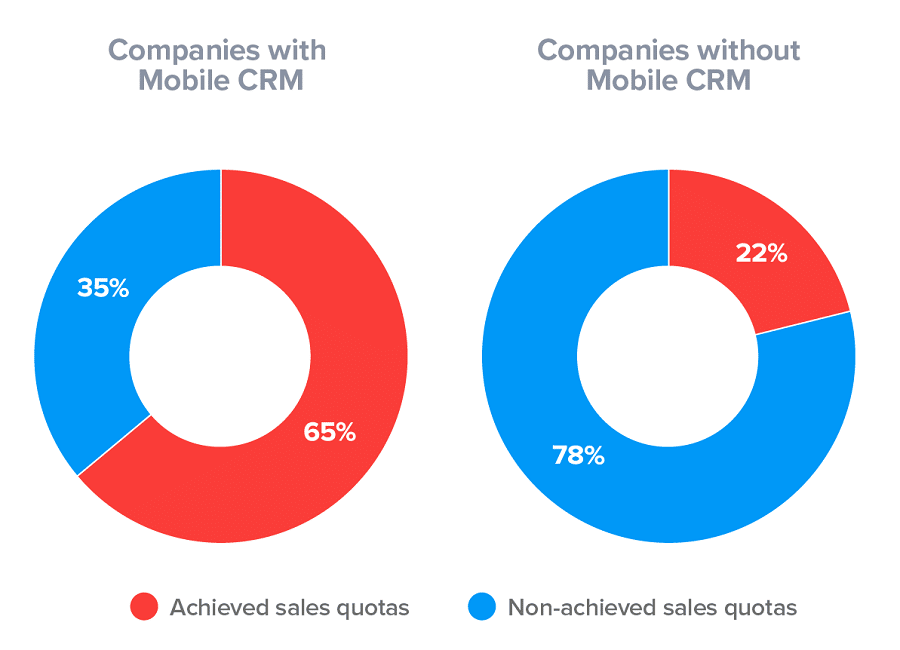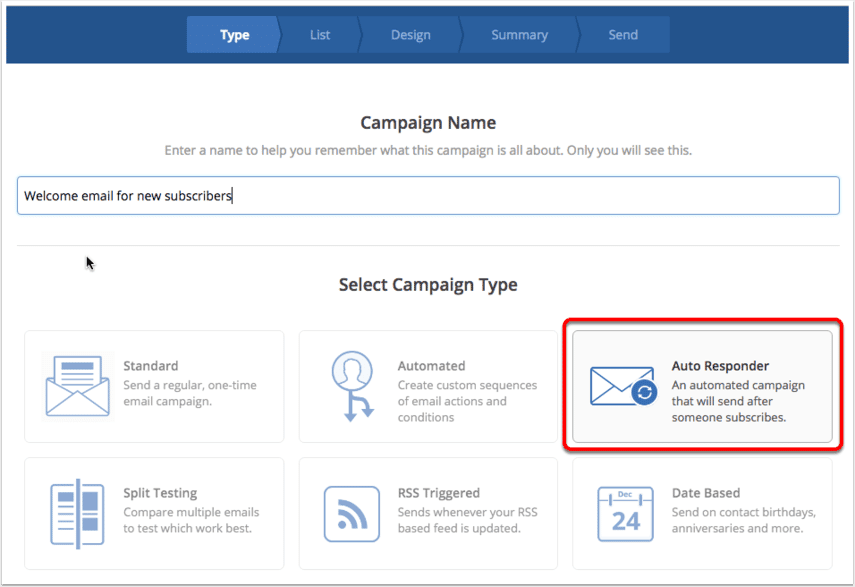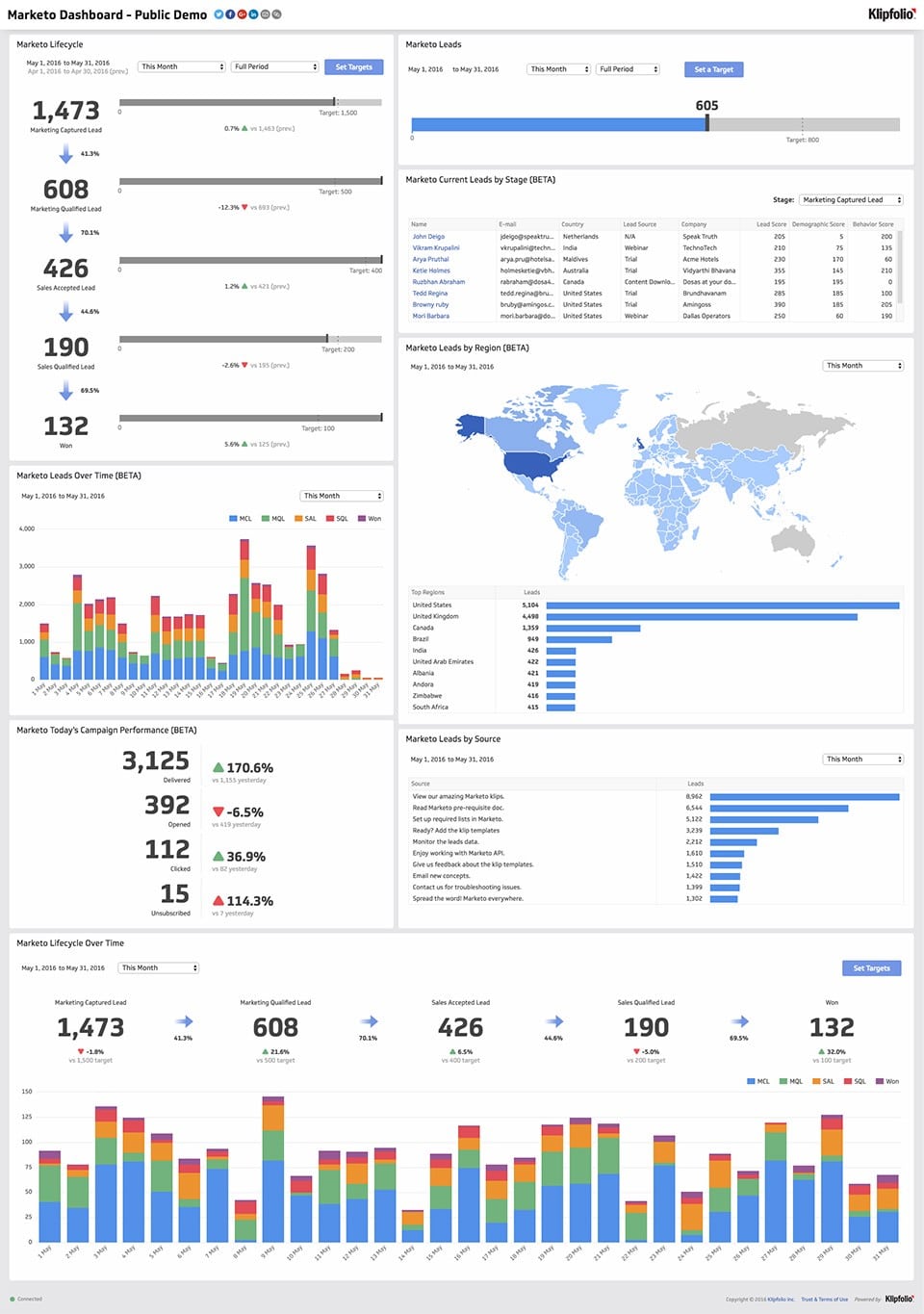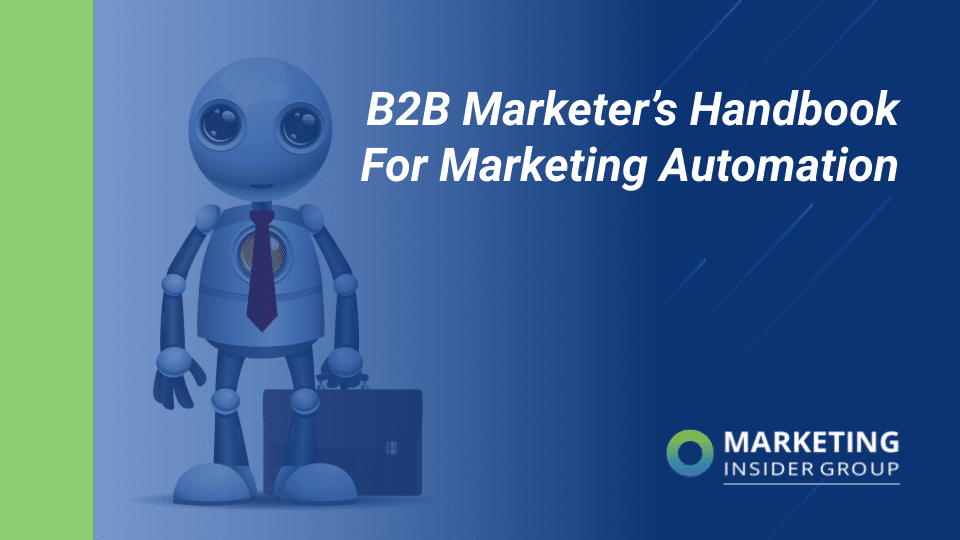
5 Types of Marketing Automation for Businesses to Consider
Marketing has been around for a very long time. Think about it. Since people first started engaging in commercial trade, they’ve learned how to develop unique selling propositions and sales strategies to maximize the perceived value of their offerings.
When we look at marketing technology, we can see that it’s enabled various channels such as print media, radio, and television for marketers to reach their audiences. Back in the day, these technologies were highly innovative and provided huge opportunities for brands to communicate. Fast forward to now, these channels have become common contributors to many, many marketing strategies.
The new technological age has also brought about the inception of the internet. Since the early 90’s the internet has evolved into the most flexible marketing channel we’ve ever seen. As a customer, you’ve seen online ads, search engine rankings, social media, and hundreds of different content marketing formats.

The dynamic nature of the internet has caused a massive shift in media consumption habits. The traditional channels of television, radio, and print media have seen a decline in usage as more users start looking at online platforms as their primary sources of media. This is great for marketers because online channels allow for better targeting, tracking, and analytics. It facilitates the increased adoption of various marketing automation software, allowing brands to grow more cost-effectively.
The birth of marketing technology happened sometime in the 80’s, when computers became powerful enough to store large volumes of customer information. In 1986, ACT!, a customer management company, developed the first ever database marketing software, basically a primitive CRM platform. Since then, a multitude of more sophisticated marketing automation platforms have emerged with better UIs and more useful features.
As a matter of fact, if you’re not making use of modern marketing automation software, you’re probably missing out on a huge opportunity to make your internal processes quicker and more efficient.
Below are the different types of marketing automation your brand needs to consider:
1. Customer Relationship Management Software
It’s always good news when you have a lot of customers, but it can get tiresome to manage them when you don’t have an effective system for collecting, storing, and retrieving customer data. Timely customer service is good customer service, which is why businesses are increasingly looking to CRM software to help provide a better customer experience.

This software stores personal information such as names, job titles, company names, and email address. More importantly, information like purchase history and details of interactions between the customer and the business can be collected by a CRM software. This allows the business to personalize the interaction each customer interaction.
More popular CRM software includes Salesforce and Zoho, but the size and nature of your business requirements will determine what type of CRM tool will best fit your needs.
2. Email Marketing Software
Despite being one of the oldest forms of digital marketing, email marketing still provides the best ROI in the business. So it should be no surprise to learn that it’s also the most widely used digital marketing channel. However, one of the main issues with email marketing is scalability, which is where email marketing software comes in.
Email marketing tools allow you to automate the messages you send to your contacts. Whether it’s trigger-based (initiated by the email receiver) or an email blast (triggered by the email sender), these automation tools facilitate the large-scale distribution of personalized messages along with performance measurement dashboards.

But just because it’s automated, that doesn’t mean that you should let the quality of your emails drop. Most email tools allow for the personalization of subject lines, body text, and appropriate calls-to-action. You should always make the user feel like they’re the sole recipient of your email.
Many marketing automation tools have email marketing platforms built in, but if you’re looking for a standalone email marketing tool, Litmus and MailChimp are very popular choices.
3. Marketing & Sales Workflow Automation Software
From managing your day-to-day content to creating landing pages for your website, marketing automation platforms are your all-in-one tool. If you want to drive traffic to your website, set up marketing campaigns, or inbound marketing strategies these kinds of software have the function for you.
For example, HubSpot can set up workflows for you to map out the customer journey. Meanwhile, Marketo promotes the ability of their software to predict ROI and achieve it. And Eloqua capitalizes on their unified system where data across all channels such as paid and SEO can be tracked and analyzed.
Keep in mind that all-in-one marketing automation software can be expensive, so make sure you’ve determined the need for one before going out and making a purchase decision.
4. Social Media Marketing Software
Social media is one of the best channels for businesses so reach and engage with their audiences. Social media is mostly used to give quick updates about the business, blog, and sometimes, product and services. But lately, businesses have been seeing more success when keeping promotional messaging to a minimum and just using social media as a channel to promote engagement and display brand personality.
This “non-promotional” social media strategy makes it difficult to automate because the nature of being personable means not sounding like a robot, which is what automation can result in. But social media marketing tools can still be used to help with scheduling, network management, and measuring the performance of your social media efforts.
Some of the most popular tools out there right now are Buffer, SproutSocial, and Crowdfire. All of which offer a horde of different features that you can use to optimize your social marketing efforts.
5. Marketing Analytics Software
Measuring the performance of marketing strategies is usually the step that marketers tend to neglect, which should be a big no-no. You should always look back at your efforts to figure out what worked and what didn’t so you can focus on the best strategies and maximize ROI.
Marketing Analytics software allows you to get usable data such as visitor behavior and activity. Further, it can combine data from different channels for easier comparison of effective channels.
Google Analytics is probably the most used analytics tool. Other popular tools being utilized in the industry now are Ahrefs, SEMRush, and Buzzsumo.

Over to You
These types of marketing automation software are the answers to your marketing efficiency and scalability dilemmas. They’re here to assist you in efficiently launching your marketing strategies.
Don’t forget that not every tool works for all types of business. You should study each tool and identify the strengths that would best align with your marketing goals.
Once you’ve set up your marketing automation, you’re going to want to know how to create a lead generation machine!







Thanks for posting. I can’t imagine working without the insights from Google Analytics or some tools that I use for social media. As for marketing automation, we’ve recently started using GetResponse. They have quite a few useful features.